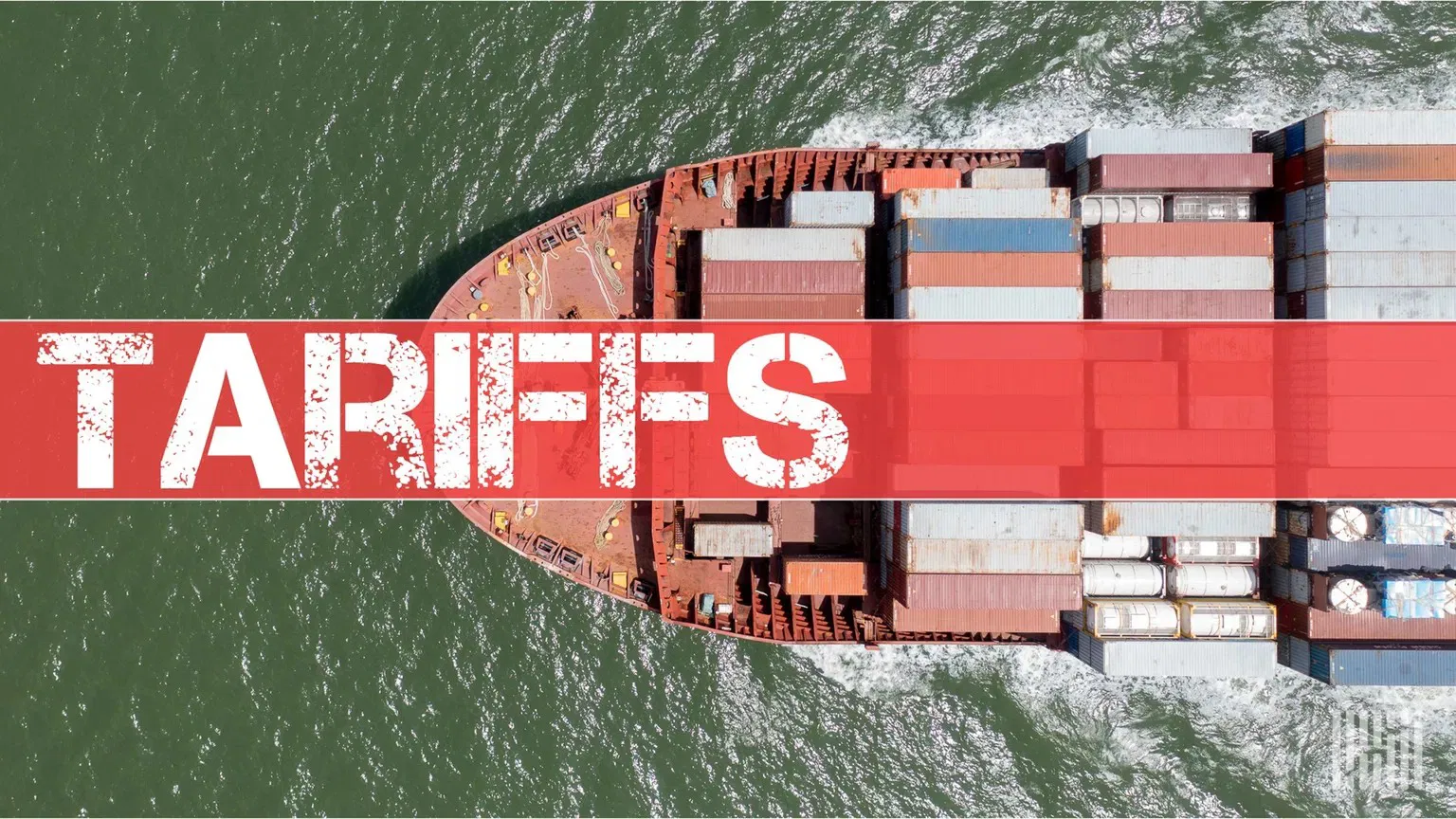Overview of Trade Agreements
Recent trade agreements between the United States and several key Asian nations are set to have significant economic implications. These deals, involving Japan, Indonesia, and the Philippines, suggest a new era of collaboration aimed at reducing tariffs and increasing investment. Here’s a closer look at the details surrounding these agreements and their potential impact on the logistics sector.
Investments and Tariff Reductions
In a landmark agreement, Japan has pledged to invest $550 billion in the U.S. economy. This commitment includes an adjustment of tariffs, specifically a decrease from a previously proposed 25% to a revised 15% on U.S. imports from Japan. This reduction is expected to benefit American consumers and businesses by making Japanese goods more accessible, while simultaneously boosting market access for U.S. agricultural products such as cars, rice, and various other exports.
Key Points of the Japan Agreement
- Tariff reduction from 25% na 15% on U.S. imports from Japan.
- Investment of $550 billion by Japan into the U.S. economy.
- Increased market access for American cars and agricultural goods.
As the fifth-largest trading partner of the United States, Japan accounted for $227.34 billion in bilateral trade during the previous year, highlighting the significance of this newfound collaboration.
Poznatky z vedenia
Japanese Prime Minister Shigeru Ishiba expressed optimism, stating that this agreement could play a crucial role in creating jobs and enhancing manufacturing quality. “I believe this will contribute to job creation and promote high-quality manufacturing,” Ishiba noted. This sentiment reflects a broader understanding that successful trade relations can lead to mutual benefits, particularly in logistics and supply chains.
Agreements with the Philippines and Indonesia
In tandem with Japan, agreements have also been established with the Philippines and Indonesia. For the Philippines, the new tariff on U.S. imports has been lowered to 19%, a slight drop from the previous rate. This move promises to facilitate smoother access to U.S. markets for Filipino goods, encompassing a range of products from electronics to textiles.
Details of the Philippines Agreement
- Reduction of tariffs to 19% on goods exported from the Philippines.
- Prevalent imports include electronics, textiles, and various consumer goods.
- Overall two-way trade expected to flourish, stimulating the logistics sector.
Furthermore, a similar agreement has been reached with Indonesia, where a 19% tariff on all imported goods from this archipelago has been set forth. Indonesian authorities have also agreed to eliminate tariffs on U.S. products. Trade between the U.S. and Indonesia marked approximately $38.3 billion last year, signifying the critical role of these agreements in solidifying economic ties.
Insights into Trade with Indonesia
- Expected tariff adjustment to 19% on all U.S. imports.
- Key U.S. imports from Indonesia include electrical machinery and palm oil.
- The enhancement in trade relations signifies increased opportunities for logistics and distribution.
Širšie dôsledky pre logistiku
These trade agreements extend beyond mere economic statistics; they have a cascading effect on the logistics landscape. The reduction of tariffs can lead to lower shipping costs, which in turn can influence how companies manage their supply chains. With a more favorable import-export environment, logistics providers may witness increased demand for services ranging from freight management to last-mile delivery.
Having the right logistics partner is essential in navigating the evolving trade landscape. Services like those offered by GetTransport.com can ensure affordable solutions for cargo transportation worldwide, making it easier for businesses to adapt to new regulations and market needs. From moving heavy equipment to facilitating international shipments, platforms like GetTransport.com cater to a variety of logistical requirements.
Záver
These new agreements with Japan, Indonesia, and the Philippines underscore a pivotal moment for U.S. trade relations. By reducing tariffs and fostering investment, both consumer markets and manufacturing sectors stand to gain significantly. The implications for logistics are noteworthy, particularly as companies seek reliable and cost-effective solutions for their shipping needs. Even with the best agreements and analysis, there’s no substitute for firsthand experience in the logistics realm. GetTransport.com empowers users to navigate these changes smartly, providing accessible cargo transportation options at competitive prices globally.
With an eye on the evolving trade landscape, it’s crucial to partner with a logistics provider that understands the nuances of international shipping. GetTransport.com’s credentials in offering versatile solutions for office moves, cargo deliveries, and the transportation of bulky items make it an ideal choice. So, start planning your next delivery and secure your cargo with GetTransport.com.

 Economic Implications of Recent Trade Deals with Japan, Indonesia, and the Philippines">
Economic Implications of Recent Trade Deals with Japan, Indonesia, and the Philippines">